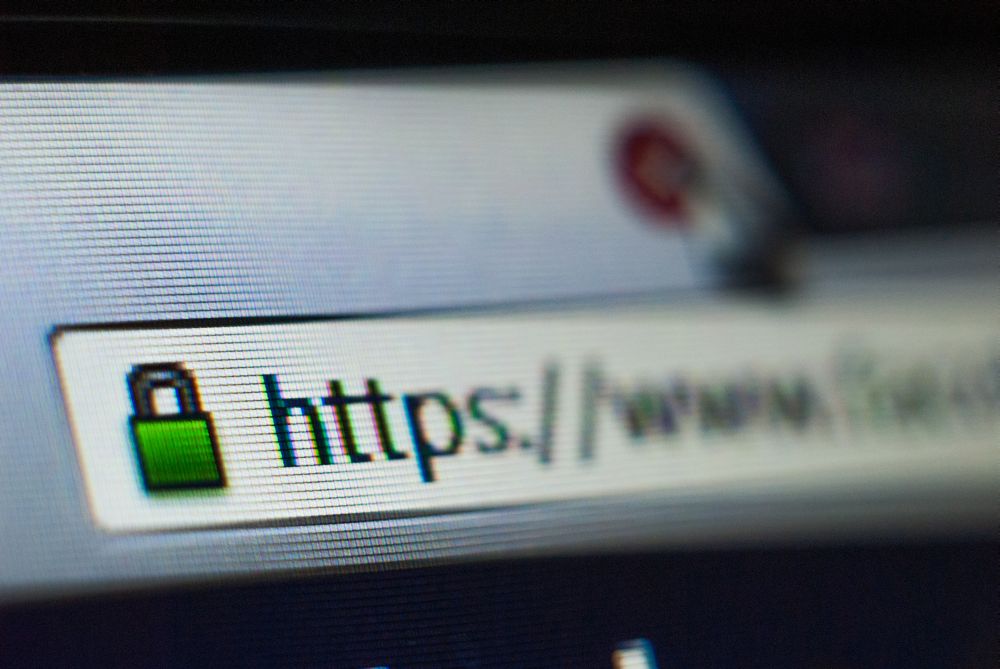The Web ranges wide and far, and the information jungle teems with good people and dangerous animals. While the happy development of children is a joy to share with family and friends who hang out at Facebook, Pinterest and other social media venues, not everyone should have access to information about kids.
Halt! Who Goes There?
In a dawning age of mega-thefts of sensitive information from gatekeepers such as banks and government agencies, identity theft has grown into a huge problem. Criminals love to use private information about children to construct fraudulent profiles for obtaining credit cards and loans, knowing that children and their parents are less likely to discover such exploitation before considerable financial damage has been inflicted.

Use Built-In Privacy Tools
Major social media offerings typically include tools for restricting access to personal information such as photographs and revealing posts. A few minutes spent on using such tools will help considerably with preventing the casual spread of information that should only be open to family members and close friends.
The paths to such privacy settings can be convoluted, but using a search engine to find this information usually proves less frustrating than trying to navigate confusing user interfaces at cluttered social media platforms like Facebook.
Embarrassment Lives Forever
Outside of protection from the outright thorns and fangs of the Web, children likely will appreciate parents giving a moment or ten of their lives to considering the possible social fallout from enthusiastically posting embarrassing baby pictures and other overly revealing photographs and reports.
Privately sharing intimate pictures and funny stories about potty training with close friends and family holds little harm under most circumstances, but sharing them forever in the infinitely slippery medium of the Web’s social media platforms risks permanently blighting a child’s social reputation. Once posted, revealing photographs and textual descriptions are absurdly easy to copy endlessly and distribute far beyond their intended venues. One leak through a hacked social media platform or a friend or family member who thoughtlessly reposts to a less secure venue is all it takes.
A Good Approach to Safety
In the interest of profitable data mining, many social media companies deliberately design their offerings to encourage sometimes reckless sharing of personal information. Parents with young children are special targets of intensive data mining because of the eagerness of industry marketers to accumulate oceans of the most personal information about a class of people who typically spend a great deal of money on childrearing.
The mere existence of an online tool does not imply using it beyond its natural scope, however. A reasonably effective approach to substantially protecting children from the fallout of this marketing zeal is to carefully refrain from ever posting to a social-media platform any pictures or verbal reports on children that would even mildly shock or embarrass a member of the clergy or a casual acquaintance.
The Upshot of the Matter
Social media venues are marvelous tools for keeping in touch with loved ones and sharing small stories about personal lives, but prudent parents will always remember that the same technical characteristics that make these tools so attractive also make unwanted redistribution and exploitation far too easy. A little caution goes a long way in protecting children’s privacy and encouraging respect for family integrity.
